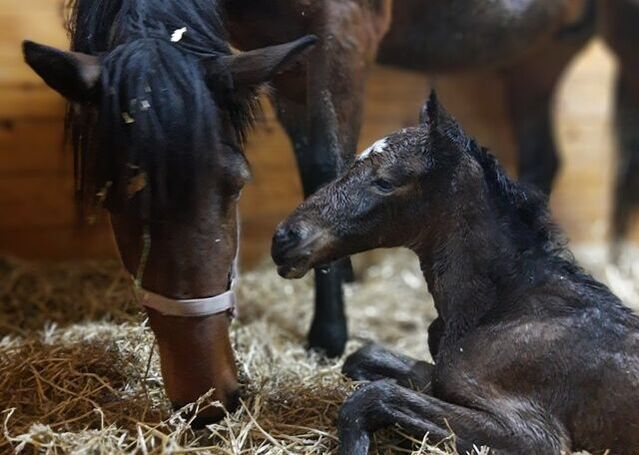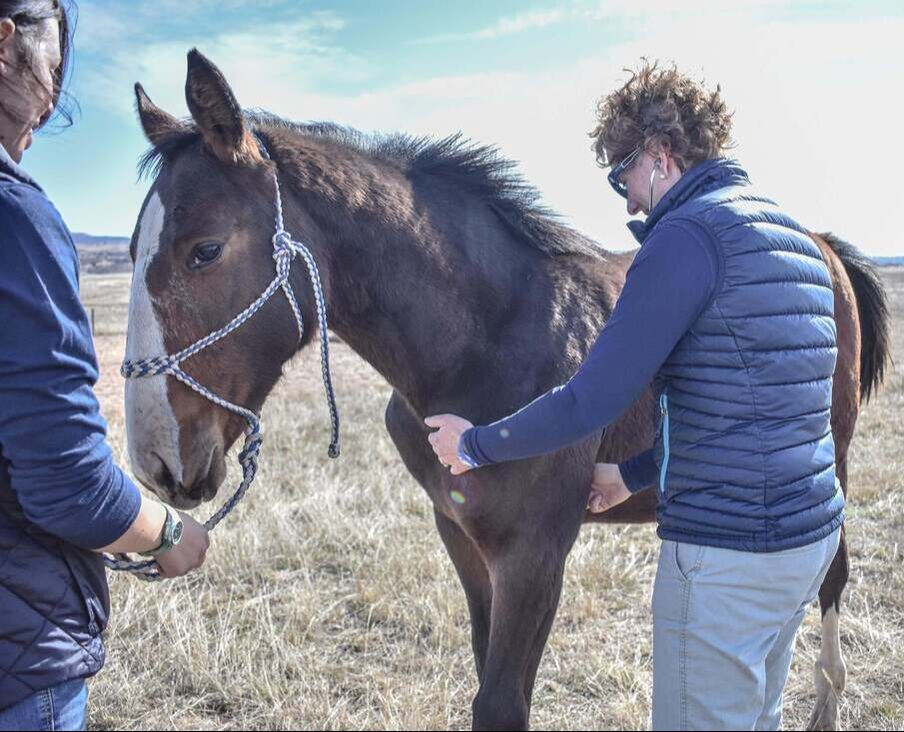|
Editor's note: This report includes two stories – a mainbar on the study along with a column (on the right) challenging people to come forward if they have similar stories to tell. There is also an audio podcast interview with Dr. Kathleen Mullen. While completing her residency at Cornell University, veterinarian Dr. Kathleen Mullen noticed an uptick in dysphagia – a difficulty in swallowing – among foals from a specific farm near Sayre, Pennsylvania. “They came to the clinic with their mothers, because their farm manager and farm veterinarians noticed that when the foals tried to suckle from the dams, that instead of swallowing their milk normally, they would aspirate the milk – meaning the milk would go into their trachea,” she said. “It’s concerning because if too much milk goes down into the trachea and eventually the lungs, the foals can be at risk of aspirational pneumonia.”
4 Comments
8/16/2021 02:43:31 am
Thank you for sharing this about horse health care tips I learned a lot from this article. I hope you will post more content about horse health. By the way, Wanna share my experience about using Food Supplements for Horses product from France (Genuine Haarlem Oil). Their products are very effective and good for horse health. You can try it also. Thanks!
Reply
8/26/2021 02:00:22 am
Thank for sharing this very useful and helpful article. I also wanna share about the experience from Genuine Haarlem Oil products very effective for respiratory problem as your partner everyday. They offer good quality products and services for human and animals.
Reply
10/5/2021 07:53:55 pm
Thank you for sharing this about horse health care tips I learned a lot from this article. I hope you will post more content about horse health. By the way, Wanna share my experience about using Food Supplements for Horses product from France (Genuine Haarlem Oil). Their products are very effective and good for horse health. You can try it also. Thanks!
Reply
Leave a Reply. |
AuthorsRiverkeeper John Zaktansky is an award-winning journalist and avid promoter of the outdoors who loves camping, kayaking, fishing and hunting with the family. Archives
July 2024
Topics |


 RSS Feed
RSS Feed